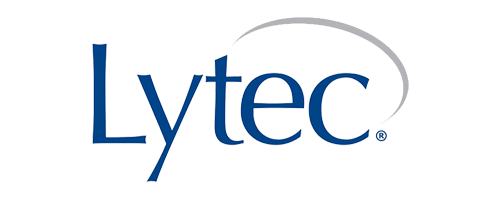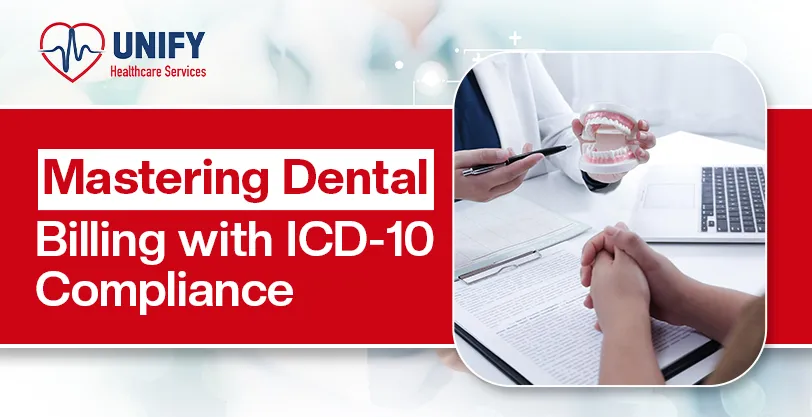If we’re being completely honest, managing prior authorizations can sometimes feel like trying to keep too many balls in the air. Patients want to receive treatment as soon as possible; insurance companies expect providers to follow all their guidelines, and your staff wants the process without constant stress.
Prior authorization affects both patients and providers. How you may ask? It requires an additional layer of administrative work, which can slow down patients from getting their treatment on time. They can also create frustrating delays for providers, which affect their workflow and reimbursement. And when patients do not fully understand what was covered, it leads to confusion and dissatisfaction when the bills arrive.
That’s why understanding financial responsibility for effective prior authorization is important. Once your team master's it, you can protect revenue, improve patient satisfaction, and keep your practice's daily operations constant and well-structured.
Understand Prior Authorization
Prior authorization is when an insurance company gives healthcare providers permission to carry out a specific treatment, test, or medication. It simply means the insurer agrees to cover the medical expenses of the patient. Without their approval, doctors have to find another treatment alternative or tell the patient to pay the bills out of pocket.
The prior authorization process is one of the most frustrating parts of the duties of providers. According to statistics, doctors and their administrative staff spend more than 14 hours every week processing prior authorizations.
This means they often use almost two full working days dealing with paperwork instead of attending to or taking care of their patients. It also increases their administrative burden, and the endless time wasted on filling in forms and follow-ups.
If they perform the service without submitting prior authorization and the insurance company denies it, they will not receive payment for the service. That leaves the practice with lost revenue, or worse, the patient is left to pay all the unexpected bills.
What is Financial Responsibility in Prior Authorization?
Financial responsibility in the world of prior authorization is knowing who is paying the bill (patient, the insurance company, or sometimes the practice, if a claim is denied).
Understanding this concept is an important step as it affects your revenue growth, builds patient trust, or makes them unsatisfied with your practice treatment journey.
Financial responsibility in healthcare includes the following details:
- Copays: A fixed amount the patient pays at the time of service, for example, $20 for a doctor's visit or $50 for a specialist.
- Coinsurance: When patients pay a percentage of the bill after meeting the deductible. For example, the insurance only covers 80% while the patient pays the remaining 20%.
- Deductibles: The amount of money the patient must pay before their insurance company covers the remaining costs.
- Out-of-network surprises: These happen when a patient receives care from a provider who isn’t in their insurance network — meaning coverage might be limited or denied altogether.
- Non-covered services: These are medical services (treatments, medications, and procedures) that are not included in the patient’s insurance plan> This means patient will be responsible for paying the entire bill.
This is why it is very important for providers to clearly explain financial responsibility to their patients before their medical journey. When you spend time walking them through what is covered by their insurance plan, what’s not, and what they have to pay, it avoids confusion and unpleasant surprises.
The Importance of Cost Transparency in Medical Billing
Being transparent about the medical cost is when healthcare providers explain honestly to their patients about how much they will pay for the services before they are performed. This means that they ensure that patients understand the cost of their medical treatment as clearly as possible.
Here’s what happens when providers are transparent about patients' medical costs:
- Patients feel respected and trust providers who give them the right information about the cost of their medical treatment.
- It decreases billing surprises and arguments about unexpected charges.
- It saves the time of your administrative staff. Instead of chasing down balances or explaining charges after the fact, they can focus on providing care and support.
- Clear communication leads to faster payments, fewer denials, and a better revenue cycle.
- Talking about patient financial responsibility ensures your patients are prepared to pay for their medical bills. This also makes them more likely to pay on time and feel confident in their care decisions.
How Financial Responsibility is Effective for Prior Authorization
Minimize Claim Denials
According to many reports, one of the struggle healthcare providers' experiences is ensuring their claims are not denied. But the truth is, denials happen because of billing errors, which can be incomplete patient information, inaccurate insurance details, or unclear payment responsibilities.
When your billing and authorization team clearly knows who is paying for the services rendered to the patients, they are able to compile the right documents, check coverage properly, and submit the right information to the insurance company. With this process, providers avoid billing mistakes that lead to claim denials and ensure you are paid at the right time.
Ensures Accurate Billing
Understanding financial responsibility helps providers bill correctly from the start. They achieve this by verifying if the patient's insurance plan covers their treatment. This ensures all parties involved are accurately billed (the Insurance company and the patient know exactly what to expect)
Ensure Patient Transparency
It is no news that many patients often find it difficult to understand their medical billing invoices. Some do not even know the meaning of terms like “deductible” and “coinsurance,”. But when their doctors take the time to educate them about what they represent, it can make a big difference. When patients understand their responsibility before treatment, they are able to plan how to pay their bills.
Increase Prior Authorization Process
Prior authorization is one of the most difficult processes in the healthcare industry. With the right patient information, insurance details, and other required documentation, the authorization request will be submitted on time and accurately.
For example, when your administrative staff verifies the patient’s insurance coverage and payment responsibility early, it helps them to know exactly what documentation to include in the authorization request. This ensures their patients receive their care at the right time without waiting for a long time for insurance approval.
Supports Financial Stability for Practices
Healthcare providers need constant cash flow to grow their revenue and build trust with their patients. This can only be done when they handle prior authorizations correctly, and claims are paid on time; they are reimbursed at the right time, which helps them run their practice.
Healthcare providers who consistently let their patient understand their responsibility and manage prior authorizations properly often experience the following:
- Fewer denied claims
- Faster reimbursements
- Better patient relationships
- Healthier revenue cycles
The Final Thought
Financial responsibility in prior authorization is not only about submitting documents and waiting for insurance approval. It’s all about building patient trust, ensuring constant cash flow, while providing the best care for your patient at the right time.
When you’re upfront about patient financial responsibility by explaining their insurance coverage clearly and adopting cost transparency in medical billing, everyone wins. Partnering with revenue cycle management services like Unify RCM also makes the process smoother for them.




















.jpg)
.webp)




